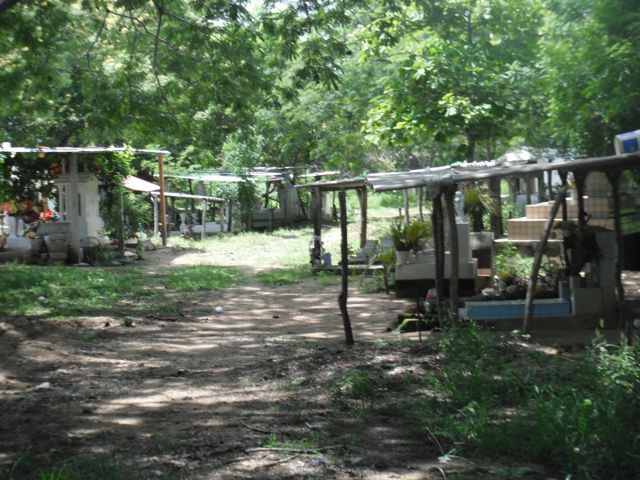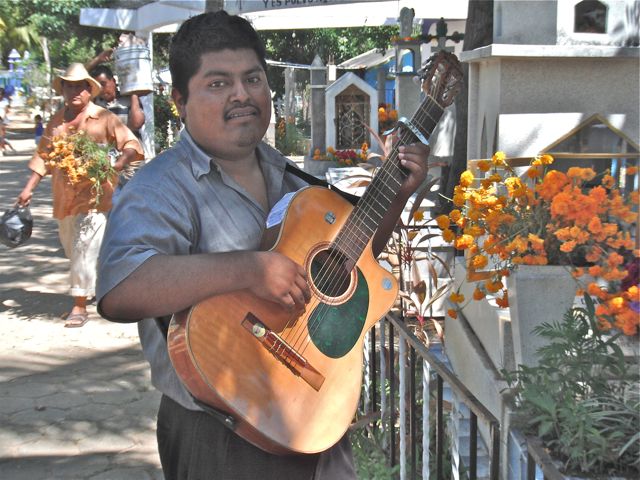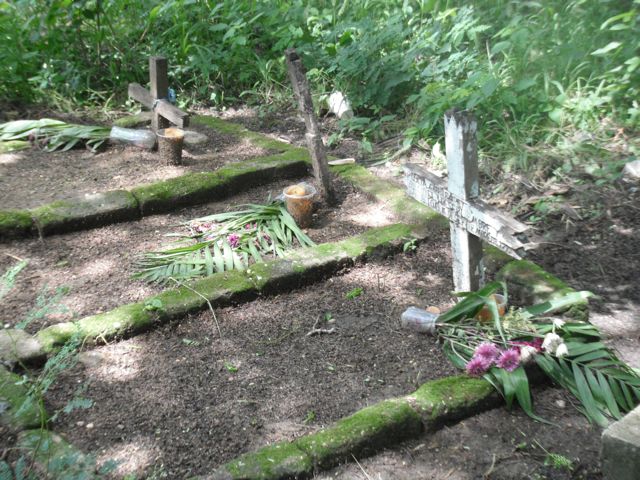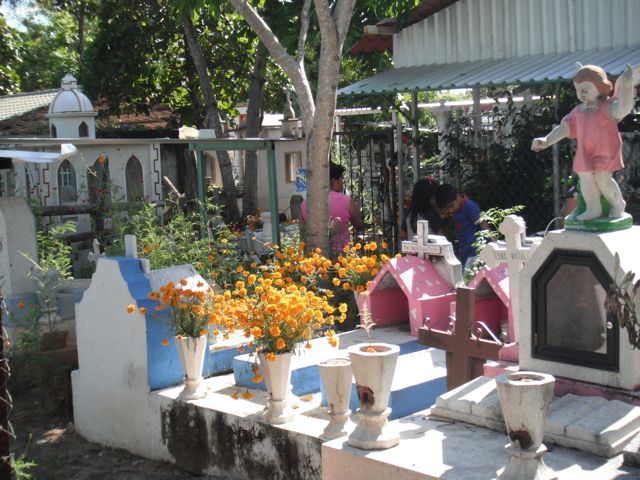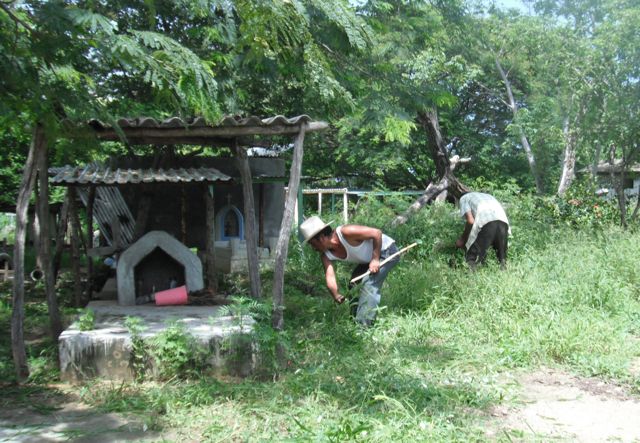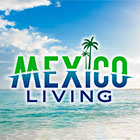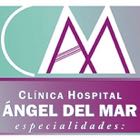When a Foreigner Dies in Puerto Escondido
Going back to the land is how I envision my body after death, so I asked Juan Carlos Alcalá Gaspar of Funerales Alcalá and Armando Carreño Aquino of Funerales Díaz how a foreigner gets to be buried (or cremated) in Puerto Escondido.
The funeral home is called and comes to pick up the body, provided that the death was the result of a pathological condition (e.g. you had a heart attack). Otherwise the death is considered violent; then the body is removed by the police for an autopsy. Violent deaths include falls, drowning and automobile accidents.
The funeral home will get the death certificate (certificado de difunción) from the Civil Registry for your doctor to fill out. After it is stamped by the registrar, they will send the original by courier to your embassy. (Someone should also call the embassy to tell them of your death.) At that point, the practices of the two mortuaries diverge.
If Funerales Alcalá has your body, you can be buried, sent to a crematorium in Oaxaca, or transported to Mexico City for shipment to your home country, within 24 hours. The decision is made by whoever has your passport and is paying the bill.
They charge a flat fee of 6,000 pesos ($480 U.S.) for pick-up, paperwork (including contacting your embassy), and burial in a simple wood coffin at one of the four cemeteries serving Puerto Escondido and Santa María Colotepec. The cost for cremation is 12,000 pesos ($960 U.S.). (There is no crematorium in Puerto and the body has to be transported to Oaxaca.) Funerales Alcalá can also arrange for your body to be sent abroad in a metal box required by airlines. The fee for this service, including embalming and ground transport to Mexico City is 18,000 pesos, ($1,440 U.S.) plus whatever the airlines charge.
Funerales Díaz, on the other hand, requires the consent of your next-of-kin or a person who has power-of-attorney, notarized by Mexican notary, for your burial arrangements. (Note: this is not the same as a regular power-of-attorney - which expires on your death.) If a family member (or person with power-of-attorney) is not in Puerto when you die, it may take some time before a nextof- kin is notified, and your body will have to be embalmed and put into storage. (Mexican law requires embalmment after 48 hours.) Funerales Díaz also has a chapel for funeral services.
Armando Carreño of Funerales Díaz says that each death is different, and we were unable to get a list of his prices. But a Puerto woman we interviewed said she paid Funerales Díaz 58,000 pesos ($4,660 U.S.) to have her husband’s remains sent to Fort Worth, Texas in 2011. Since the bill was not itemized, she does not know what his fees were. Another Puerto resident said he paid the mortuary 38,000 pesos in 2013 ($3,040 U.S.) to have his wife cremated.
- Funerales Alcalá 954 582-3407, 954 107-1987 cel. falcalaa@hotmail.com
- Funerales Díaz: 954 582-0183, 954 588-0011 cel. armandoca5@hotmail.com
- U.S. Embassy: 01 555 080 2000 ext. 4543 or 4131; Canadian Embassy 01 555 724 7900
WHAT TO DO BEFORE YOU DIE
- Register with your embassy. Let them know whom to contact in case of your death. Your heirs will need a death certificate from the embassy in order to collect your life insurance and to settle your estate.
- If you have assets outside of Mexico, you need to have a will in that country.
- If you have a fideicomiso on your property, you do not need to have a Mexican will. In all other cases (like being a partner in a corporation or having other assets) you do. A Mexican legacy will, which only covers your assets in Mexico - you don’t want to have competing wills - must be witnessed by a Mexican notary.
- Make someone a co-owner of your bank accounts in Mexico and the U.S. so they can access your funds.
- Have your doctor’s name and phone number handy. He or she should be called immediately, as the doctor will later have to sign the death certificate.
- Make a list of all your assets including bank accounts. Write down where you have hidden your cash, passport, credit cards, ATM cards and PINs etc. and give a copy to a trusted friend or relation. (Tip: for extra security, do not put your name on the list.)
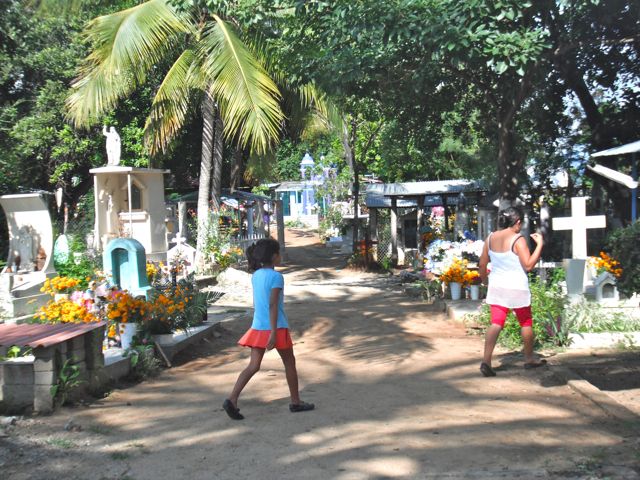
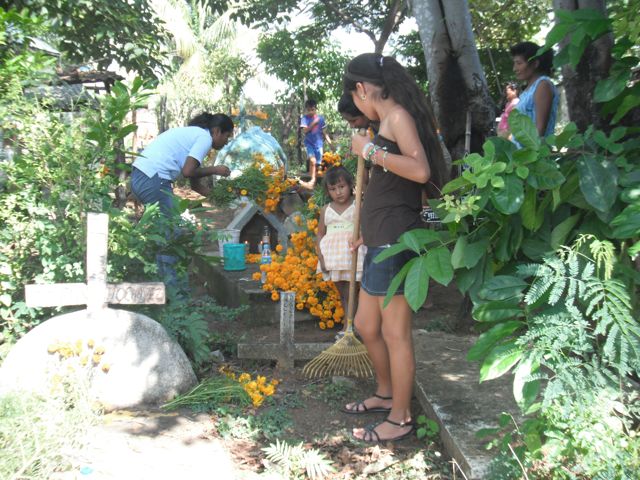
Sheila Clarke helped with the reporting.

